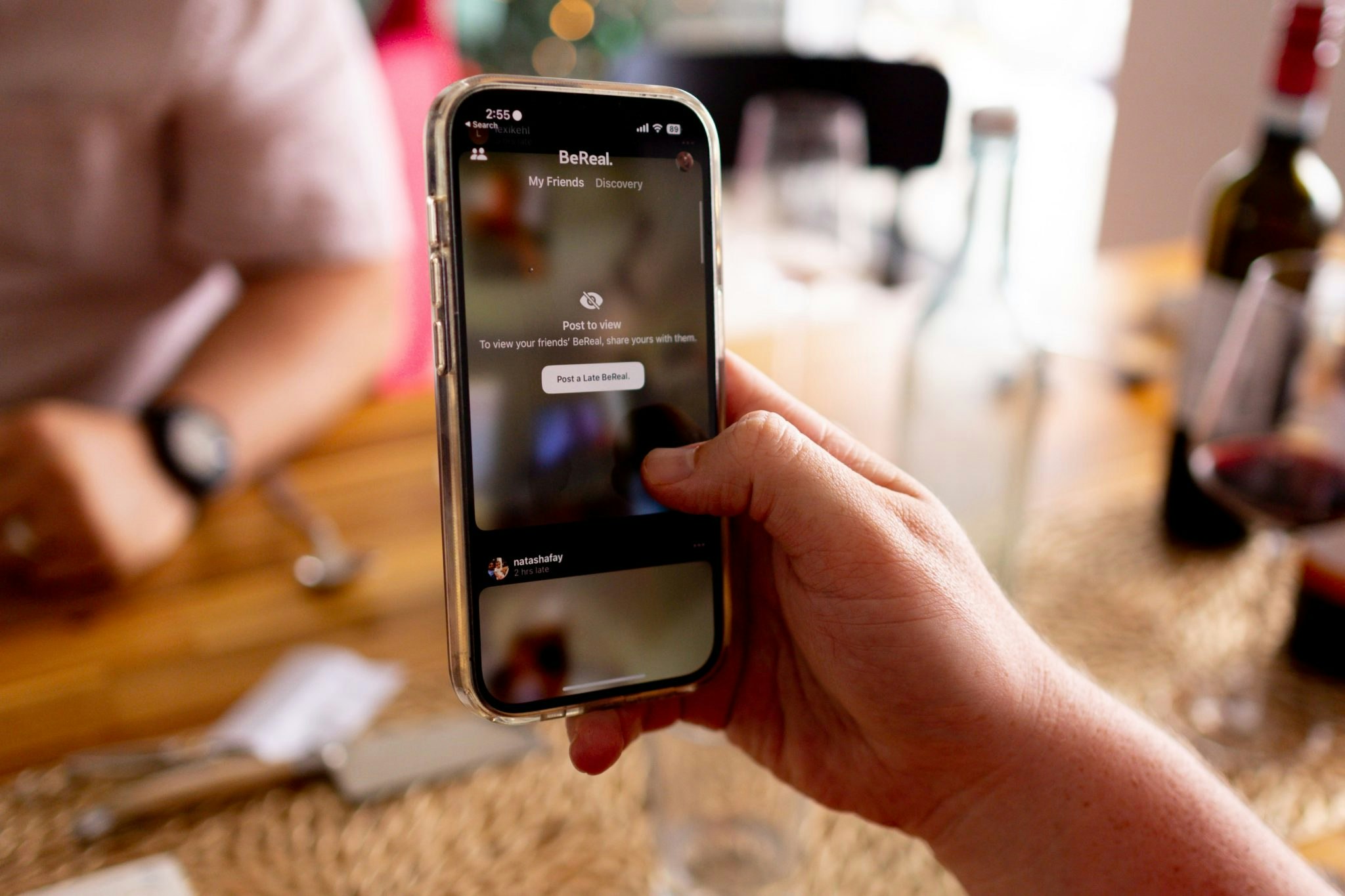Food delivery startup Crisp has today raised €35m in equity financing to scale its operations in the Netherlands, its home market, and in Belgium. The chunky Series C bucks the trend we’ve seen in the grocery delivery sector in recent months, as heavily backed startups like Gorillas have been sold for a fraction of their former valuations.
The company — which currently employs one thousand people — says it won’t be going on a “hiring spree” with the new cash injection, but will be using the money to double down on its two key markets, with further international expansion not on the 12-month horizon.
Who’s invested?
Existing backers of Crisp which joined this new round include London-based, multistage VC firm Target Global and Amsterdam-based Keen Venture Partners, which invests in early-stage tech companies.
The company is also taking funding from family offices including Bookmakers Investments, Timeless Investments and Strikwerda Investments, as well as a range of experienced angel investors. These include Mollie and MessageBird founder Adriaan Mol, Ayden cofounder John Caspers and Vinted CEO Thomas Plantenga.
What does Crisp do?
Crisp differs from the likes of Getir and Gorillas in that it’s not trying to deliver food to customers in cities within 10 minutes. Instead, it serves customers wherever they live and does next-day delivery.
What this means is that Crisp doesn’t need to have an extensive network of micro warehouses dotted around central parts of cities where real estate is expensive — and is able to run a single warehouse for each market it works in.
“We have one larger distribution centre that basically serves an area with a radius of around three hours’ drive in the Netherlands that conveniently covers all of the country, as it does with our warehouse in Belgium,” says Tom Peeters, cofounder and CEO of Crisp.
He adds that Crisp has been able to avoid another of the big issues that has made it hard for speedy grocery companies to achieve solid unit economics: the size of an order, or the basket size.
While players like Getir or Gorillas — which offer a convenience service that lends itself to smaller orders (“dang, I forgot to buy that onion and the butter for dinner tonight”) — would be doing well to get an average basket size of €30, Crisp is targeting a different kind of buyer.
“We are very much in the play of your weekly shop and larger baskets. Our average basket size is around €90,” says Peeters. This means that Crisp can make more of a margin on each customer delivered to, and the company says it’s “on a clear path to break even”.
Competing with the big boys
In its home market of the Netherlands, Crisp’s most direct competitor is Picnic, a grocery delivery startup founded in 2015, while Getir is also still active in the country.
And while it might be clear to Crisp’s investors that it’s got a clearer path to profitability than its speedy delivery rivals, the startup — founded in 2020 — is also competing with delivery services from big supermarkets, and their economies of scale.
The company says it’s not trying to compete with the “essentials” or “basics” ranges that supermarkets offer, but is price comparable with mid-range options from bigger rivals.
It’s able to do this for two big reasons, according to Peeters. The first is that it doesn’t offer the same amount of choice as a big supermarket, offering around three thousand individual types of product, compared to around 30k that somewhere like Tesco or Carrefour would offer.
“For example, we offer two types of eggs. If you're in London and you go to Tesco right now, you will see probably between 15 and 25 types of eggs and we believe that's not what you want, per se,” he says.
Crisp is also able to keep its prices down due to the fact that it doesn’t run physical stores. This, Peeters says, means that Crisp is able to run a more efficient supply system that’s more reactive to customer demand.
“A retailer purchases, then sits on inventory, and then tries to sell inventory,” he explains.
“What we tried to do is build an efficient coupling between supply and demand. We can steer demand, using the app — for example, by saying: ‘There is less sea bass tomorrow, so maybe you would consider cod or another type of fish’.”
Peeters also says this cuts down on food waste, by making consumption more seasonal and responsive to what’s on offer from local producers (the company says much of its food comes from nearby farms and greenhouses).
Premium pressure
Despite these kinds of efficiency saving, Crisp is still never going to be as cheap as the cheapest offerings from massive supermarket chains. It’s also operating a business that is very exposed to rising costs of fuel and energy, needing large refrigeration systems and delivery van networks.
Peeters says that, so far, the tough economic times haven’t impacted orders or the company’s revenues negatively. But as the worst of the economic downturn still seems to be ahead of us, the company will be hoping that its customers don’t get squeezed too much, and forced to turn to cheaper alternatives.


